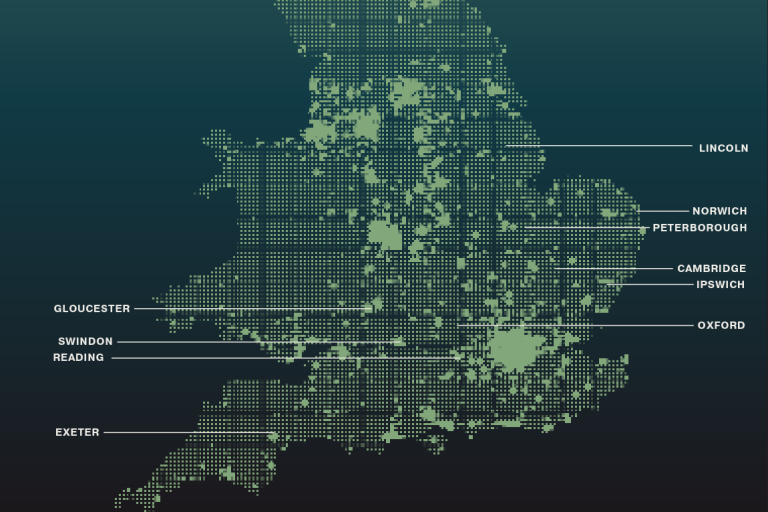
Ipswich Borough Council has welcomed a new national report, A Case for Cities, which highlights the vital role smaller cities and urban centres play in driving economic growth, and the need for public sector reform so they can realise their full potential.
The report, produced by Inner Circle Consulting, sets out how outdated local authority boundaries are holding back towns and cities across England. Ipswich, whose boundaries have remained largely unchanged since the 19th century, is showcased as a prime example of an urban area constrained by decisions taken outside its control.
Ipswich sits at the crossroads of the A12 and A14 and is the gateway to the UK’s busiest container ports. The report underlines the town's central role in national logistics, green energy, and trade. Yet, without the right powers and structures, Ipswich is unable to shape the transport, housing, and infrastructure planning needed to secure resilience and growth.
Education is also a critical lever for long-term prosperity. Ipswich has a growing population of young people and a strong network of schools, colleges, and a university campus. However, fragmented governance limits the town’s ability to align education and skills provision with the needs of local employers and emerging industries. A more empowered local authority could work more effectively with education providers and businesses to develop a skilled workforce, reduce inequalities in attainment, and ensure that young people can access high-quality opportunities close to home.
An urban-led unitary authority would, the report argues, allow Ipswich to:
- Lead integrated transport planning, securing long-term solutions to the pressures caused by the A14 Orwell Bridge.
- Expand sustainable transport, from electric buses to cycle superhighways, cutting congestion and improving air quality.
- Align housing and employment growth with low-carbon, high-capacity public transport.
- Ensure residents’ voices drive infrastructure and investment decisions.
Councillor Neil MacDonald, Leader of Ipswich Borough Council, said:
“Ipswich has the talent, ambition, and strategic location to become a key engine of growth—provided it gains the authority to shape its own destiny. For too long, critical decisions about the town’s future have been made externally, leading to missed chances in areas like housing, infrastructure, and investment. A governance model that fits the scale and needs of the area would enable us to plan effectively, reduce inequality, and support a healthier, more resilient community.
"This report clearly illustrates why the Three Councils for Suffolk proposal is vital for the county’s future success. The three-unitary structure aligns with how people actually live, commute, and work, and it gives Ipswich and Southern Suffolk the tools to contribute fully to national growth, delivering benefits not just locally, but across Suffolk, the East of England, and the wider UK economy.”
